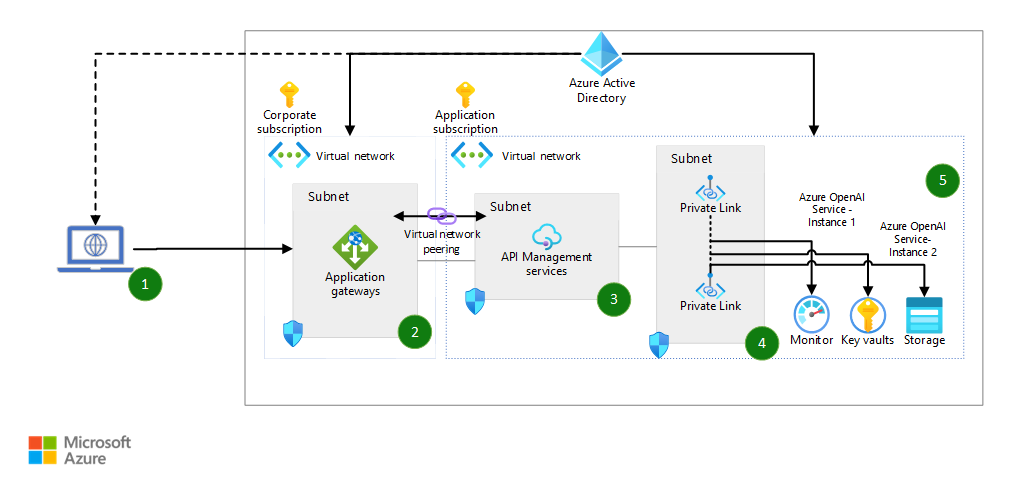Urgent Call For Reform: Campaigners Express Deep Concern Over Police Accountability

Table of Contents
The Current State of Police Accountability: A Crisis of Trust
Current mechanisms for holding police officers accountable are demonstrably inadequate, fostering a climate of impunity and eroding public trust. Internal investigations often fall short, civilian oversight is frequently limited, and a lack of transparency further exacerbates the problem. This systemic failure to ensure police accountability necessitates immediate and drastic reform.
Insufficient Internal Investigations
Internal investigations within police departments are often criticized for:
- Lack of Independence: Investigations are frequently conducted by officers' colleagues, creating inherent biases and conflicts of interest.
- Biased Investigations: Findings often favor the officer under investigation, minimizing or dismissing allegations of misconduct.
- Insufficient Punishment: Even when misconduct is proven, the penalties imposed are often lenient, failing to deter future wrongdoing.
- Lack of Transparency: The process is often shrouded in secrecy, making it difficult to assess its fairness and effectiveness.
The case of [Insert example of a case where internal investigation failed] serves as a stark illustration of this failure. Statistics show that the conviction rate of police officers facing misconduct allegations remains alarmingly low, further highlighting the inadequacy of internal accountability systems. The low conviction rate underscores the need for external oversight and independent investigations.
Limited Civilian Oversight
Civilian oversight bodies, while intended to provide independent scrutiny, often lack the power and resources to effectively hold police officers accountable.
- Limited Investigative Powers: Many civilian review boards are restricted in their ability to conduct thorough investigations, relying heavily on information provided by police departments.
- Weak Enforcement Mechanisms: Recommendations made by civilian oversight bodies often lack enforcement power, rendering them largely symbolic.
- Lack of Public Trust: The perceived lack of independence and effectiveness of some civilian review boards diminishes public trust in their ability to deliver justice.
In contrast, successful models in other jurisdictions, such as [Insert example of a successful civilian oversight model], demonstrate the potential for effective civilian oversight to improve police accountability. These models often include independent investigative powers, strong enforcement mechanisms, and robust public reporting mechanisms.
Lack of Transparency and Data
The lack of comprehensive and accessible data on police misconduct undermines police accountability and erodes public trust.
- Difficulties in Accessing Records: Police misconduct records are often difficult to obtain, hindering public scrutiny and analysis.
- Inconsistent Data Collection: The lack of standardized data collection methods makes it challenging to compare data across jurisdictions and identify trends.
- Lack of Public Reporting: The failure to publicly report data on police misconduct makes it difficult to assess the effectiveness of accountability mechanisms and identify areas for improvement.
Transparency in data collection and public reporting is crucial for building public trust and holding police departments accountable for their actions.
Campaigners' Demands for Meaningful Police Reform
Campaigners and advocacy groups are demanding systemic change to address the crisis of police accountability. Their key demands center on increased transparency, strengthened civilian oversight, and independent investigations and prosecutions.
Increased Transparency and Data Sharing
Campaigners advocate for:
- Mandatory Data Collection: Standardized data collection on all forms of police misconduct, including use of force incidents, complaints, and internal affairs investigations.
- Public Data Dashboards: Easy-to-access online dashboards providing transparent and comprehensive information on police misconduct.
- Independent Audits: Regular, independent audits of police departments to ensure compliance with accountability standards.
Successful transparency initiatives in other cities demonstrate the potential for increased public trust and improved law enforcement reform when data is readily accessible.
Strengthened Civilian Oversight
Proposals for strengthened civilian oversight include:
- Independent Investigative Bodies: Creation of truly independent investigative bodies with the authority to conduct thorough and impartial investigations into police misconduct allegations.
- Expanded Powers for Review Boards: Granting civilian review boards greater authority to subpoena witnesses, compel testimony, and impose meaningful sanctions.
- Community Representation: Ensuring that civilian oversight bodies reflect the diversity of the communities they serve.
Independent Investigations and Prosecution
Campaigners are advocating for:
- External Investigative Units: Establishment of independent investigative units outside of police departments to ensure impartiality and credibility.
- Dedicated Prosecutors: Assigning dedicated prosecutors with expertise in police misconduct cases to increase conviction rates.
- Body-Worn Cameras: Widespread adoption of body-worn cameras to enhance transparency and accountability.
The Impact of Police Misconduct on Communities
Police misconduct has devastating consequences for individuals, families, and communities.
Erosion of Public Trust
Lack of police accountability deeply erodes trust between law enforcement and the communities they serve, hindering effective policing and community relations. Without trust, crucial information isn't shared, cooperation dwindles, and crime rates can increase. Community policing strategies emphasizing positive relationships are undermined by a lack of accountability.
Disproportionate Impact on Marginalized Communities
Police misconduct disproportionately affects marginalized communities, particularly racial and ethnic minorities. This reflects systemic issues of bias and discrimination within law enforcement, further exacerbating existing inequalities. Statistics consistently reveal that [insert relevant statistics on disproportionate impact]. Addressing these systemic issues is crucial for achieving meaningful police reform.
Conclusion
The lack of police accountability is a critical issue that demands urgent and comprehensive reform. The current systems are demonstrably inadequate, failing to address the pervasive problem of police misconduct and eroding public trust. Campaigners' demands for increased transparency, strengthened civilian oversight, and independent investigations are essential steps toward achieving meaningful change. We must demand better police accountability, holding officers accountable for their actions and building trust between law enforcement and the communities they serve. Join the fight for police reform; support organizations working to improve police accountability and learn more about police accountability initiatives in your area. Demand better. Demand justice. Demand change.

Featured Posts
-
 Princeton University Donates Laptops To New Jersey Prisons For Education
Apr 30, 2025
Princeton University Donates Laptops To New Jersey Prisons For Education
Apr 30, 2025 -
 2024 Open Ai Developer Event New Tools For Voice Assistant Creation
Apr 30, 2025
2024 Open Ai Developer Event New Tools For Voice Assistant Creation
Apr 30, 2025 -
 Emergency Response Air Ambulance At Yate Recycling Centre
Apr 30, 2025
Emergency Response Air Ambulance At Yate Recycling Centre
Apr 30, 2025 -
 Democratic Insiders Criticize Kamala Harris Post Election Absence
Apr 30, 2025
Democratic Insiders Criticize Kamala Harris Post Election Absence
Apr 30, 2025 -
 The Ripple Effect How Federal Funding Cuts Impact Trump Supporting Communities
Apr 30, 2025
The Ripple Effect How Federal Funding Cuts Impact Trump Supporting Communities
Apr 30, 2025
